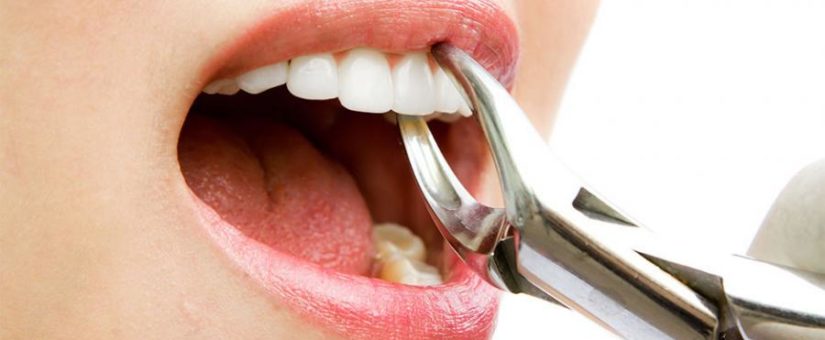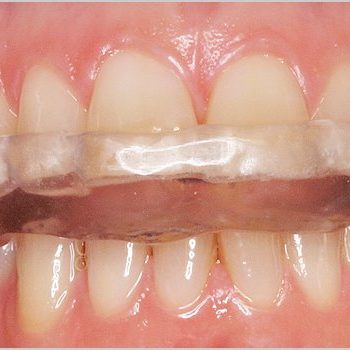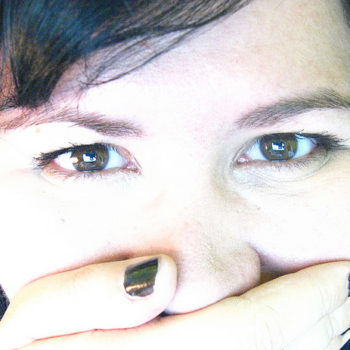
WHAT MAY HAPPEN IF I LOSE A TOOTH?
- On March 30, 2017
It’s just a tooth or a molar, get rid of it and that’s no longer a problem!
This is the kind of recommendation that many people give to others when facing a dental problem. Though the intention is a good one, its implications would be terrible for both your mouth and your health.
I always tell my patients that tooth extraction should be the last option and, if that is the case, it should be replaced immediately, adapting to the restrictions of each case.
But, what is the reason why I don’t recommend tooth extraction that can be saved or the immediate replacement of the ones we cannot replace?
First of all, you should know that, when losing one or more teeth, the bone where the tooth was will disappear. This produces changes in the way you eat, speak, swallow and our physical appearance.
When a tooth is gone, the food has an impact on the toothless area, producing irritation that will lead you chew on the opposite side; this produces unbalanced dental erosion and problems affecting the jaw joint. All these factors lead to continuous headaches and neck pain, fractures in cases of severe bone loss or in extractions of two or more teeth. Apart from the aforementioned, the remaining teeth will also start moving to remedy the lack of teeth, something that will make difficult a future full-mouth rehabilitation.
In cases of multiple tooth loss, the problem is even more serious due to the fact that the bone loss is greater: it changes the shape of the face by aging the patient’s facial treats, even at a very young age, the tongue size increases to compensate for the lack of teeth, preventing the correct positioning of the denture. According to a Spanish popular saying, “the one who does not repair the leak, will repair the entire house”, there is something similar with your mouth: if you do not care about a lost tooth, the mouth’s balance will be lost. The consequences can be very difficult to treat and of course, more expensive, so it is always better to treat problems at an early stage and to be aware of the value of a tooth.


